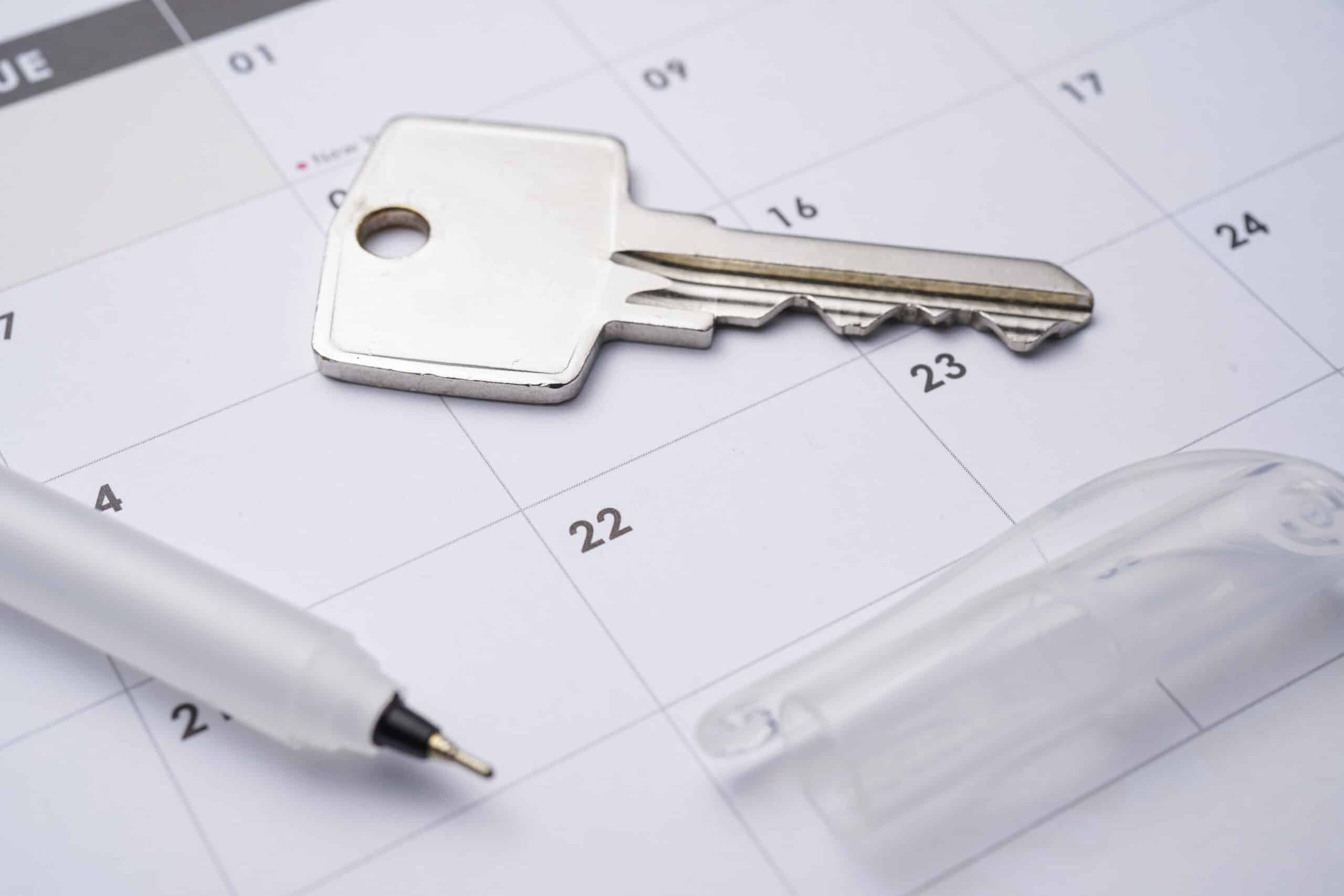Can I sell my house to my son for £1?
Are you keen on keeping your home in the family and allowing your child to purchase it from you? Well, there is a legal way to do this without your child paying full market value.
Yes, you can sell your house to your child for as little as £1, but it’s less ‘selling’ and more ‘gifting’.
To find out why you can sell your house to your child, and how you can do it, continue reading our insightful guide.
Reasons to sell your house to your child for £1
There are several reasons why you might be interested in selling your house to your child well below the property value. All the possible reasons come down to a common denominator: it’s much more difficult for young people to get on the property ladder now than it was 30 years ago.
One reason for gifting property to a family member could be to simply keep it in the family. The young person you’re gifting the property to may be struggling to build up a deposit big enough to purchase their own home.

Another reason could be that the property needs massive refurbishment and it can now be used as an investment project for your child.
A gifted property also helps avoid the costs involved with selling your house via an auction or with an estate agent. Also, so long as the transfer of ownership is undertaken legally, it can provide plenty of tax benefits.
Should I support my child with a deposit for their own home instead?
This is an option, but it depends on your and your child’s current situation.
In the 21st century, many parents provide gifted deposits for their children because the cost of homes across the UK makes it much more difficult to get on the property ladder.
If you’re in a position to give your child money for a deposit, it means you could keep the current property to use as rental income or even make plans to pass it on in your will once you’ve passed.
Is it better to give my house to my child when I die?
If you were to leave your home to your child in your will, they would have to pay inheritance tax due to the property being left as an inheritance instead of a gift.
Property prices continue to increase so there’s a high chance your child will incur a significant inheritance tax on the property. Sometimes, a tax bill could end up totalling 40% of the property value.
Also, there’s the probate process to navigate, which is generally not the smoothest ride. Unforeseen problems can rear their head in situations like this, causing unnecessary stress in an already difficult situation.
How can I sell my house to my son for £1?
So, you’ve decided that selling the house for £1 is your best option – here’s what you need to do.
You must instruct a conveyancing solicitor to transfer ownership of the deed into your child’s name. Lawfully, you’re not selling the property and the transaction is classified as a gift.
The £1 price tag is purely put in place to signify some value – this is also known as a ‘consideration’ in legal terms.
You may be surprised to know that even in this instance, the conveyancing solicitor will still need to conduct a full conveyancing process. This includes exchanging contracts and completion, just like a standard property sale.
This process is, of course, much quicker to complete than a normal house purchase as there are no searches required and only one line of communication instead of two parties and separate solicitors. process because of the amount of information that’s needed to gather – such as fire safety information, leaseholder protections, liability period, and more.

What are the tax implications of gifting property?
While the idea of transferring your property to your child for £1 can seem appealing, you should know that there may be tax implications. There are a lot of property tax laws in the UK, so read through these carefully to understand what you may be liable for in the event you transfer ownership of your home.
Mortgage redemption costs
If you own the property outright, there will be no mortgage redemption costs to pay.
However, if you still have a mortgage, this and any secured loans will need to be paid in full – minus £1 – before the transfer of ownership can be completed.
Plus, if you’re exiting your mortgage agreement early, you’ll be liable for an early exit charge. Request a redemption statement from your mortgage lender to find out how much this will cost.
Capital gains tax (CGT)
If the property is your principal private residence and has not been rented out or used as a second home or business premises, you will not have to pay capital gains tax.
Capital gains tax is based on the rise in the property’s value between when it was initially purchased and the current point in time. You’re able to deduct capital improvement costs, stamp duty land tax paid when it was purchased, and any legal fees. Plus, there is a capital gains tax allowance that offsets some liability if you’ve owned the property with a spouse.
However, you will have to pay capital gains tax if you’ve sold a second property to clear the mortgage on the one you’re transferring, and the amount you pay depends on your tax bracket.
Plus, the tax you pay will be based on the market value of the home, not the £1 sale price.

Stamp Duty Land tax
Because you’re ‘gifting’ the property to your child, you will not need to pay Stamp Duty Land tax unless there is a mortgage in place. If this is the case, standard rates will be applied if the level of borrowing is above the stamp duty threshold.
Stamp Duty Land tax must also be paid if your child is already a homeowner and is using this property to rent out or as a second home.
Inheritance tax
As previously mentioned, your child will be liable to pay inheritance tax on the property if you leave it as a gift when you pass away.
If you rent the property back off your child for free after the ownership transfer, there will be an inheritance tax liability when you pass away.
You must pay the full market rent otherwise you would be seen as gifting property with the ‘reservation of benefit’. If you plan to rent the property after the transfer, HMRC is likely to request proof that you’re paying rent.
Income tax
Income tax does not impact you as the previous owner of the property, but your child will be faced with income tax implications if they plan to rent the property back to you or somebody else.
Corporation tax
You only have to worry about corporation tax if the property is being sold from a Limited company.
Which legal fees are involved?
You will still be expected to pay legal fees for the transfer of ownership to be completed. As you’re hiring a conveyancing solicitor and they’re conducting their usual process, you’ll still be liable to pay for their services.
Of course, you could arrange a situation where your child pays any legal fees as you’re giving them your house for nothing – but someone must pay.
As the conveyancing process isn’t as full as a standard house purchase or sale, you could potentially arrange a lower fee with your solicitor, though.
Find a reliable conveyancing solicitor to process your property transfer
If you’re certain about transferring the ownership of your property over to your child for £1, then you’ll need a reliable and efficient conveyancer.
Fortunately, at GD Property Solicitors, we can help you. We’ve worked with thousands of people all over the UK, helping them to buy, sell and transfer the ownership of their homes.
Whatever area you live in and whatever your situation is, we can help.
Simply contact us today and speak to a member of our highly qualified team of solicitors to get the ball rolling. You can do so either by emailing info@gdlegal.co.uk or by calling 0161 710 1786.
